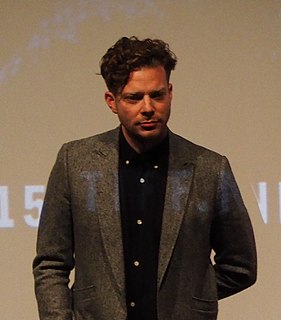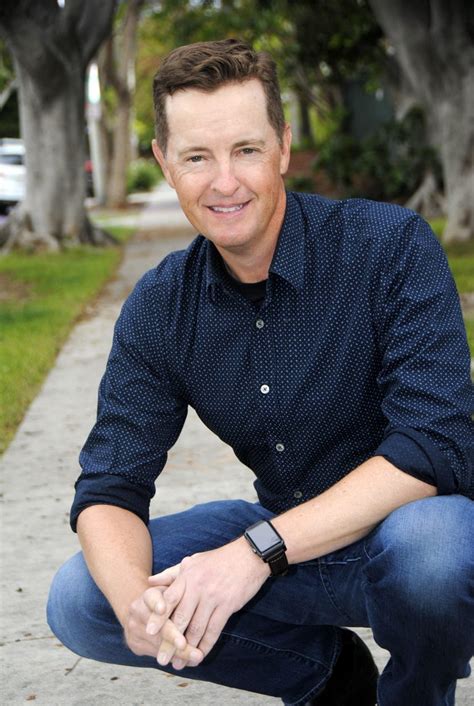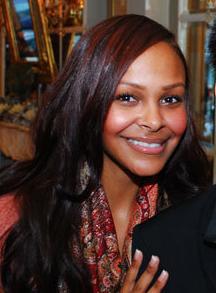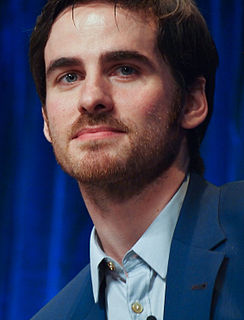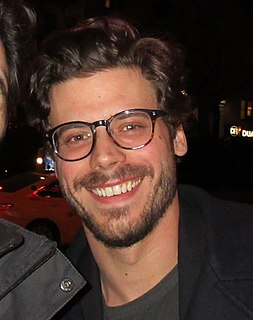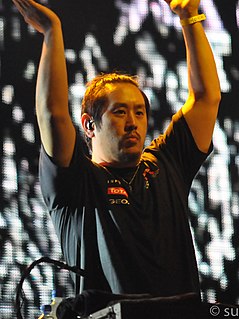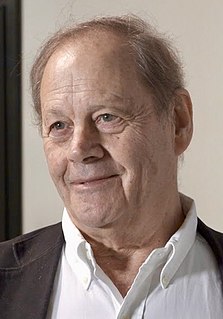A Quote by Todd Strauss-Schulson
I've wanted to make movies for so long. I learned most of what I know from director commentaries and behind the scenes featurettes and criterions.
Related Quotes
Making movies is like a circus. You get together for a finite amount of time and you build the most extravagant thing you can, which requires teamwork. Most people don't know, but when you see something on screen, it looks perfect. If you go behind the scenes, things are very archaic. You only see the front of the building, not the back.
